Fast & Accurate ENS GB & EU ICS2 Solutions Built for You.
Trade Compliance News - June 2024
-
Freya Jane
- Director of Customer's Success
General Election 2024: How Will it Impact Trade?
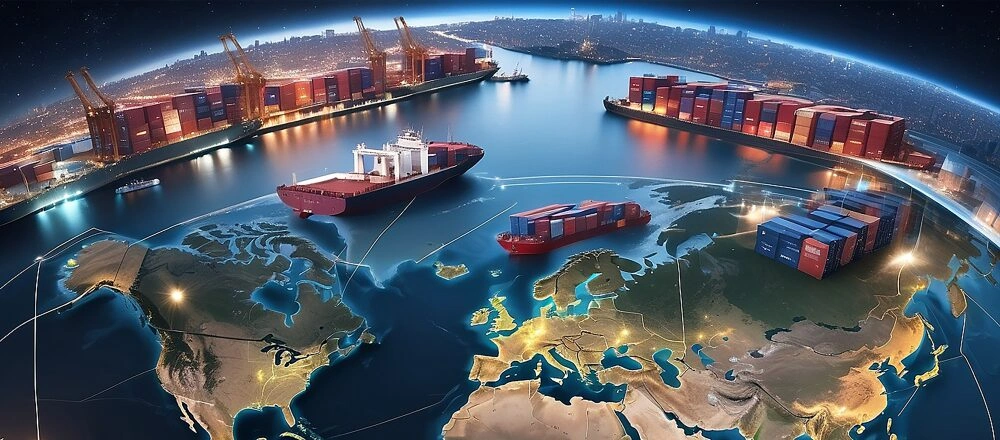
Prime Minister Rishi Sunak has announced the date of the next election, ending months of speculation about when the UK would head to the polls. With the date set, we turn our attention to the future of UK trade policy.
Several high-profile trade negotiations are ongoing but are likely to be paused until after the election. Notably, the UK-India talks have encountered delays, as both countries are now in election seasons.
A fifth round of negotiations on the Switzerland-UK trade deal was planned for “early Summer 2024,” but this might be postponed, with talks with the Gulf Cooperation Council and Turkey also expected to face similar delays.
David Henig, director of the UK Trade Policy Project, told Politico Morning Trade that some of these agreements could be reviewed: “If there is to be a change of administration, I’d expect Labour to review these and all other negotiations against broader objectives, and potentially put greater focus on negotiations with the EU, Switzerland, and Turkey.”
The Independent reported that senior Labour MPs, including shadow exports minister Tan Dhesi and shadow immigration minister Stephen Kinnock, attended a meeting of the US right-wing think tank Heritage Foundation, possibly signalling Labour’s openness to working on a UK-US trade deal.
Brexit-Hit Businesses Demand Labour and Tories Cut EU Tariffs to Boost Trade
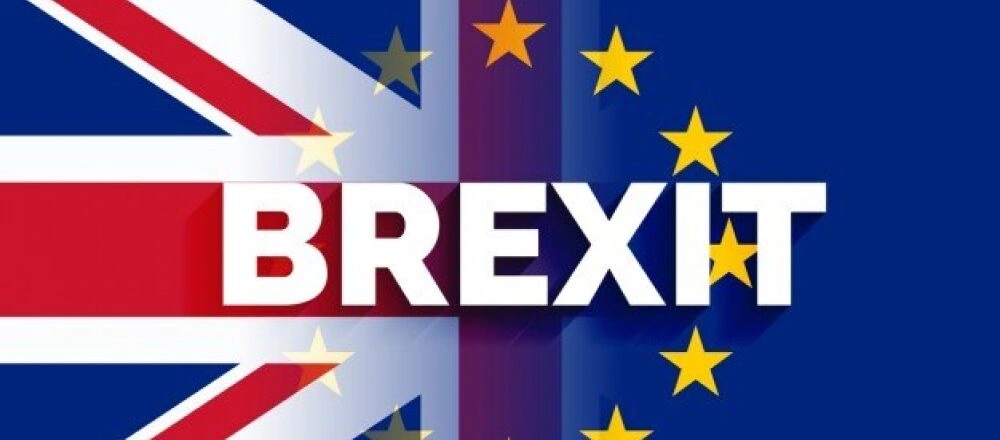
The British Chambers of Commerce (BCC) has called for urgent action to improve the UK’s trading relationship with the EU, as Brexit has increased costs and complicated exports.
In its election manifesto published on Tuesday, the BCC outlines a five-point plan to boost economic growth, emphasising the need for better relations with the EU. The manifesto states that Brexit has made it “more expensive and bureaucratic to sell our goods and services across the Channel” but also highlights that improved terms could help firms trade more efficiently.
The BCC’s five demands for the next UK government, to be elected on July 4, include a focus on reducing tariffs and easing trade barriers with the EU to support British businesses.
The Future of Northern Ireland Export is Looking Bright

Northern Ireland has yet to fully realise its potential in the export market, according to business leaders.The Republic of Ireland, the EU26 and North America are likely to be key export destinations in the decades ahead however there are obstacles to overcome in NI before businesses reach their full export potential
A recent report from Heathrow, Exporting Excellence – Spotlight on Northern Ireland, created with the help of the NI Chamber, found that 7,708 businesses across Northern Ireland export goods. Additionally, the report identified another 7,700 small and medium-sized businesses that have the potential to export but currently do not.
The most recent Northern Ireland Economic Trade Statistics (NIETS) reveal that in 2022, 65.9% of total sales by businesses in Northern Ireland were within the region. Some 18.5% were within Great Britain, while only 15.6% (£13.3 billion) were exports to markets outside the UK.
CMA CGM Pays $1.975m Fine for Overcharging on Freight
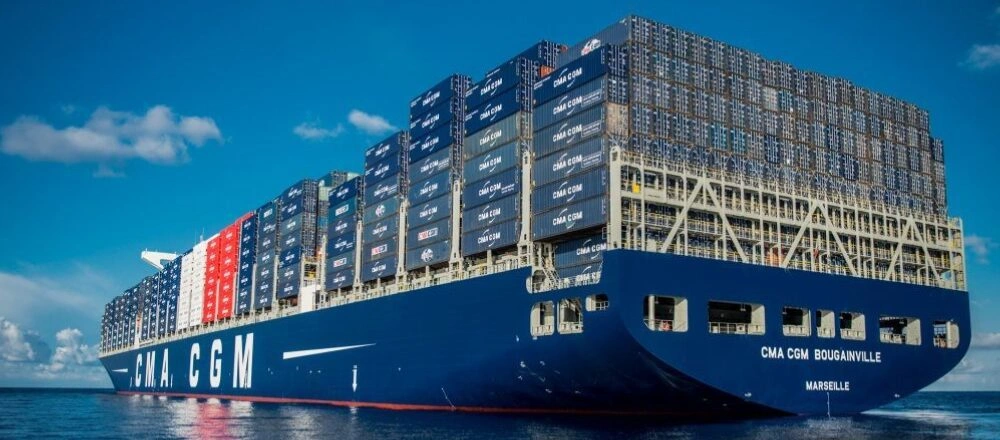
French liner CMA CGM incurred the largest fine, paying $1.975 million to resolve allegations that it over-broadly defined and applied its definition of “merchant” in a bill of lading, demanding payment from a third party who should not have been billed.
In addition to the French shipping company, two other companies have paid smaller fines to the Federal Maritime Commission (FMC) in the US. These settlements reflect the FMC’s ongoing efforts to enforce regulations and ensure fair business practices in the maritime industry.
EU signs off Mercury Import/ Export Ban
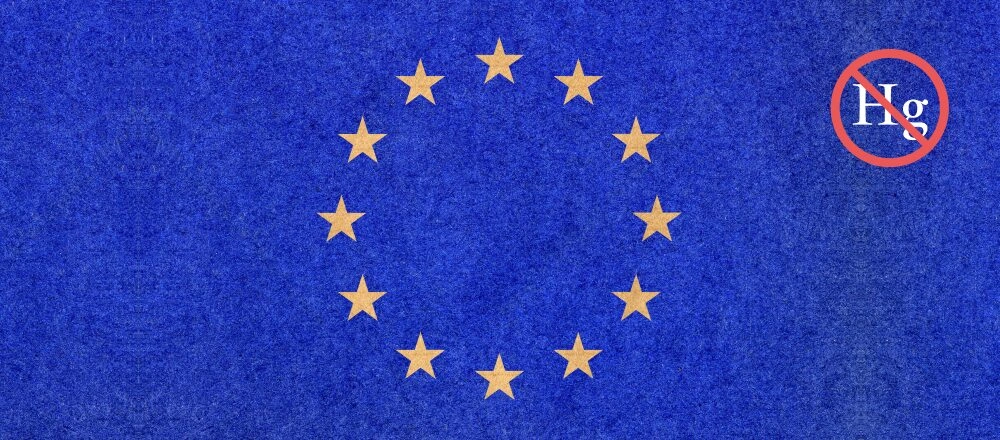
The Council has passed a regulation that comprehensively bans and prohibits the manufacturing, import, and export of other mercury-added products.
Traders were surprised when they had to deal with more checks than anticipated and some lorries had been held for hours before being waved on without inspection.
Exporting dental amalgam will be prohibited from 1 January 2025; the ban on manufacturing and import in the EU will apply from 1 July 2026. Mercury-containing lamps will also be made subject to a manufacturing, import and export ban as from 31 December 2025 and 31 December 2026.
Council Adopts New Regulations on SoHO
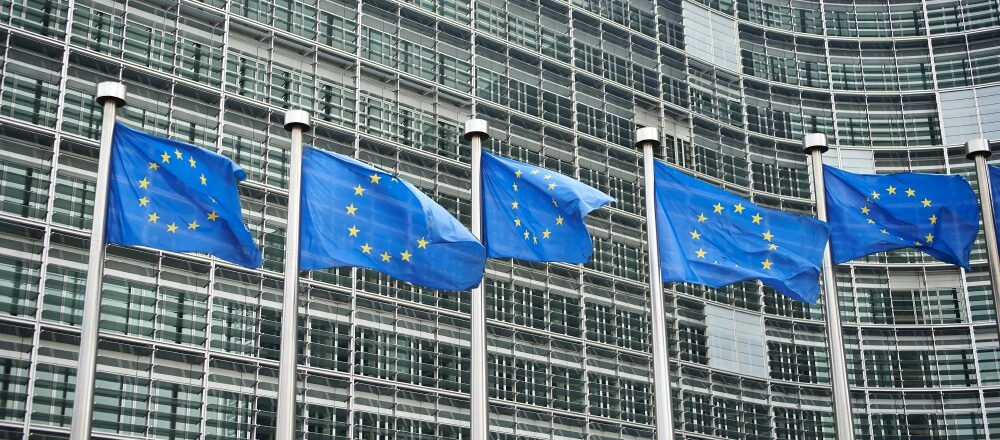
The Council has adopted new rules aimed at improving the safety and quality of blood, tissues, and cells used in healthcare, as well as facilitating their cross-border circulation within the EU.
Under the new regulation, member states may choose to apply stricter measures to protect their citizens.
In addition to improving quality and safety, the regulation aims to increase harmonisation and facilitate cross-border exchanges and access to substances of human origin (SoHO) by:
- Setting up an EU-level SoHO coordination board to support member states in implementing the regulation.
- Introducing common EU-wide procedures for the authorisation and assessment of SoHO preparations.
- Requiring member states to designate a SoHO national authority and other competent authorities to authorise SoHO preparations and ensure independent and transparent oversight of SoHO-related activities.
- Setting out additional authorisation and inspection requirements for establishments that process, store, release, import, or export substances of human origin.
- Establishing a new common IT platform, the EU SoHO platform, to register and exchange information on related activities.
The regulation will now be signed by both the Council and the European Parliament and will enter into force following its publication in the EU’s Official Journal.
Our latest issue keeps you in the loop with the latest customs & trade news, plus some exciting company milestones. Keep reading to stay informed!